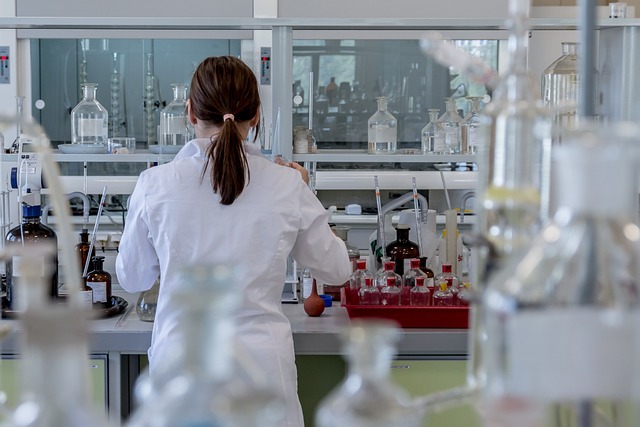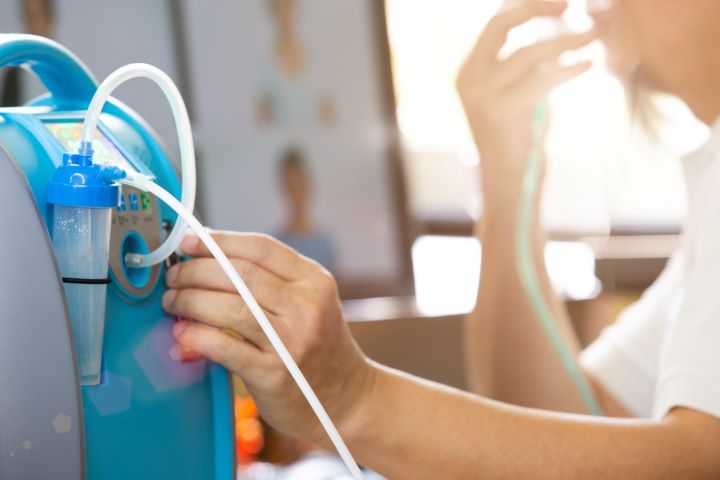The Role of Elisa Kit Producers in Indonesia's Healthcare
Elisa kit producers in Indonesia play a vital role in strengthening the country’s healthcare system by providing essential diagnostic tools that support early detection and monitoring of various diseases. As the demand for accurate, affordable, and locally available testing solutions grows, these producers help reduce dependence on imported products while ensuring wider accessibility across hospitals, laboratories, and clinics. Their contribution not only improves public health outcomes but also fosters innovation and self-reliance within Indonesia’s medical technology sector.

Understanding ELISA Kits and Their Healthcare Applications
ELISA kits, or Enzyme-Linked Immunosorbent Assay kits, represent sophisticated diagnostic tools that detect and quantify specific proteins, antibodies, or antigens in biological samples. Indonesian producers manufacture these kits to meet both domestic and international quality standards, ensuring healthcare facilities can perform reliable testing for conditions ranging from hepatitis and HIV to diabetes and cancer markers. The technology relies on enzyme-substrate reactions that produce measurable signals, allowing laboratory technicians to determine the presence and concentration of target substances in patient samples. Local manufacturers have adapted these technologies to address Indonesia’s specific health challenges, including tropical diseases and nutritional deficiencies common in the region.
Contribution to Disease Prevention Through Diagnostic Innovation
Indonesian ELISA kit producers significantly impact disease prevention strategies by providing accessible diagnostic tools for early detection and screening programs. These manufacturers support national health initiatives by producing kits specifically designed for prevalent conditions in Indonesia, such as dengue fever, tuberculosis, and hepatitis B. Their contributions extend beyond manufacturing to include training healthcare personnel on proper testing procedures and interpretation of results. The availability of locally-produced ELISA kits has improved testing accessibility in remote areas, enabling earlier intervention and more effective disease management. This enhanced diagnostic capacity directly supports Indonesia’s goals of reducing disease burden and improving population health outcomes.
Economic Impact on Healthcare System Efficiency
The presence of domestic ELISA kit producers creates substantial economic benefits for Indonesia’s healthcare system by reducing dependence on imported diagnostic tools and lowering overall testing costs. Local production enables more competitive pricing compared to imported alternatives, making diagnostic testing more affordable for both public and private healthcare facilities. These manufacturers also contribute to job creation in the biotechnology sector and support related industries through supply chain partnerships. The economic impact extends to healthcare delivery efficiency, as reliable local supply chains reduce procurement delays and inventory management challenges that healthcare facilities often face with imported products.
Supporting Research and Development in Medical Diagnostics
Indonesian ELISA kit producers actively contribute to advancing medical research by collaborating with universities, research institutions, and healthcare organizations to develop innovative diagnostic solutions. These partnerships result in customized testing kits that address specific research needs and emerging health challenges in Indonesia. Local manufacturers invest in research facilities and technical expertise, creating a foundation for continued innovation in diagnostic technology. Their involvement in research projects helps validate new testing methodologies and supports the development of point-of-care testing solutions suitable for Indonesia’s diverse healthcare settings, from urban hospitals to rural health centers.
Regulatory Compliance and Quality Assurance Standards
Indonesian ELISA kit producers operate within a comprehensive regulatory framework established by the National Agency of Drug and Food Control (BPOM) and other relevant authorities. These manufacturers must demonstrate compliance with Good Manufacturing Practices (GMP) and obtain necessary certifications before distributing their products to healthcare facilities. The regulatory requirements ensure that locally-produced ELISA kits meet international quality standards and provide reliable results comparable to imported alternatives. Quality assurance processes include regular testing of kit components, validation of testing procedures, and ongoing monitoring of product performance in clinical settings. This regulatory oversight maintains confidence in domestic diagnostic products and supports their acceptance in both local and export markets.
| Provider | Kit Categories | Estimated Price Range (USD) |
|---|---|---|
| Bio Farma | Infectious disease panels | $15-45 per kit |
| Kalbe Farma | Hormone and metabolic markers | $20-60 per kit |
| Kimia Farma | General screening kits | $12-35 per kit |
| Local biotechnology companies | Specialized research kits | $25-80 per kit |
Prices, rates, or cost estimates mentioned in this article are based on the latest available information but may change over time. Independent research is advised before making financial decisions.
The integration of domestic ELISA kit production into Indonesia’s healthcare ecosystem represents a strategic advancement in the nation’s medical infrastructure development. These manufacturers continue to expand their capabilities, contributing to improved diagnostic accuracy, enhanced disease surveillance, and more efficient healthcare delivery across Indonesia’s vast territory. Their ongoing commitment to quality, innovation, and regulatory compliance positions Indonesia as an emerging hub for diagnostic technology in Southeast Asia, supporting both domestic health needs and regional export opportunities.
This article is for informational purposes only and should not be considered medical advice. Please consult a qualified healthcare professional for personalized guidance and treatment.




